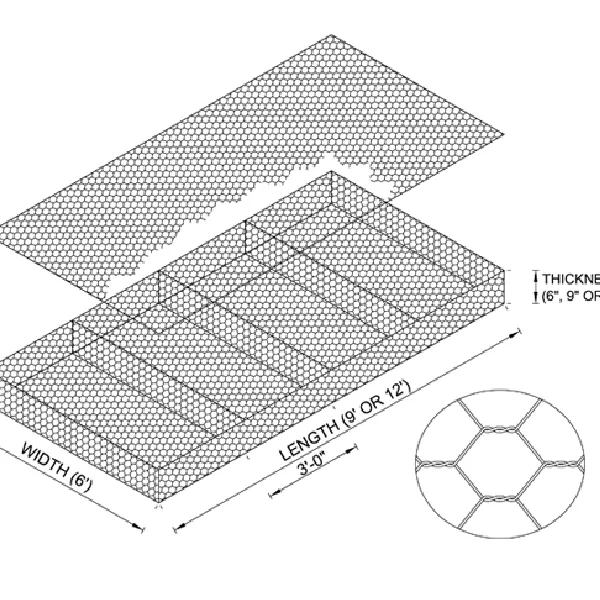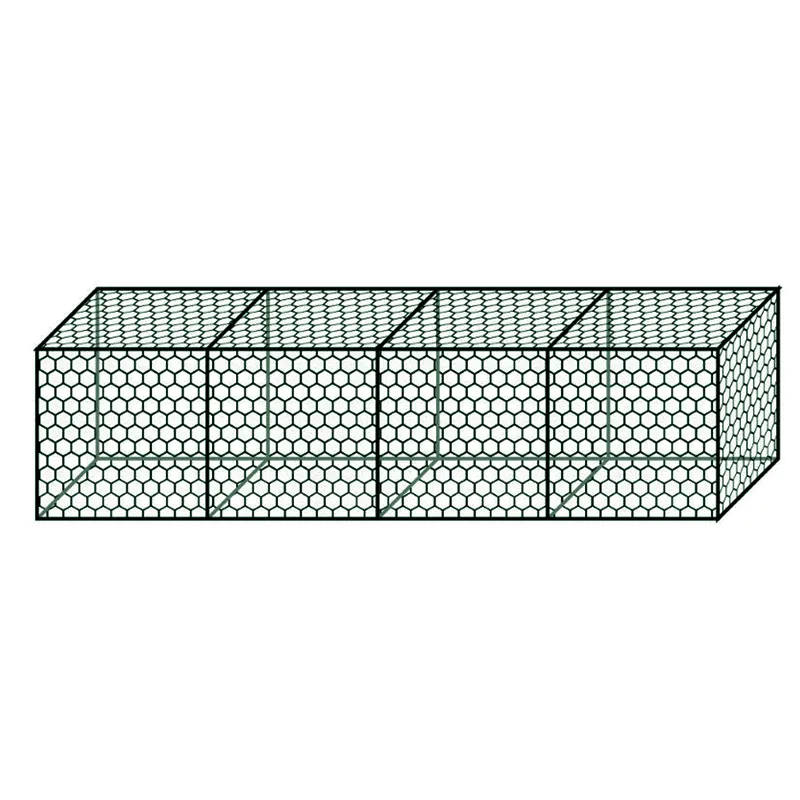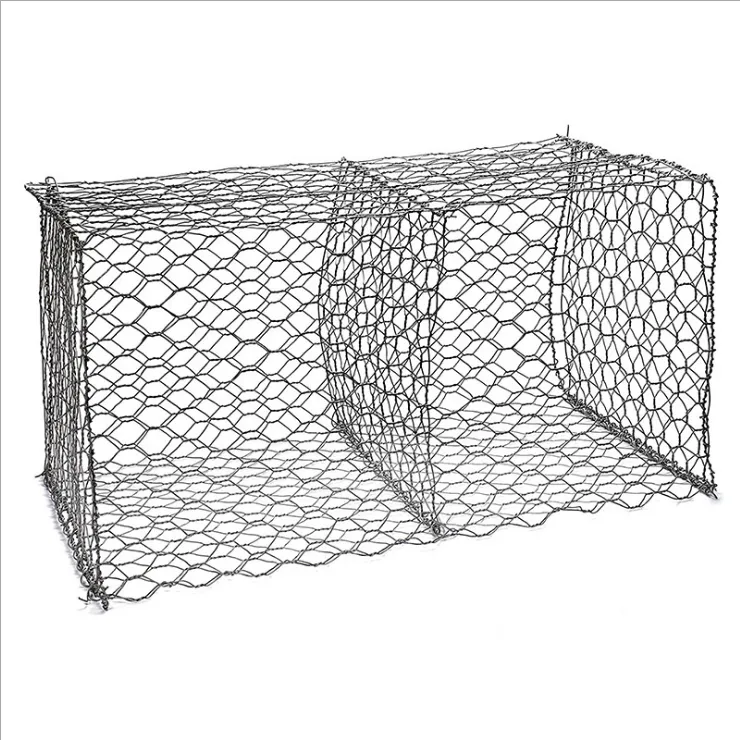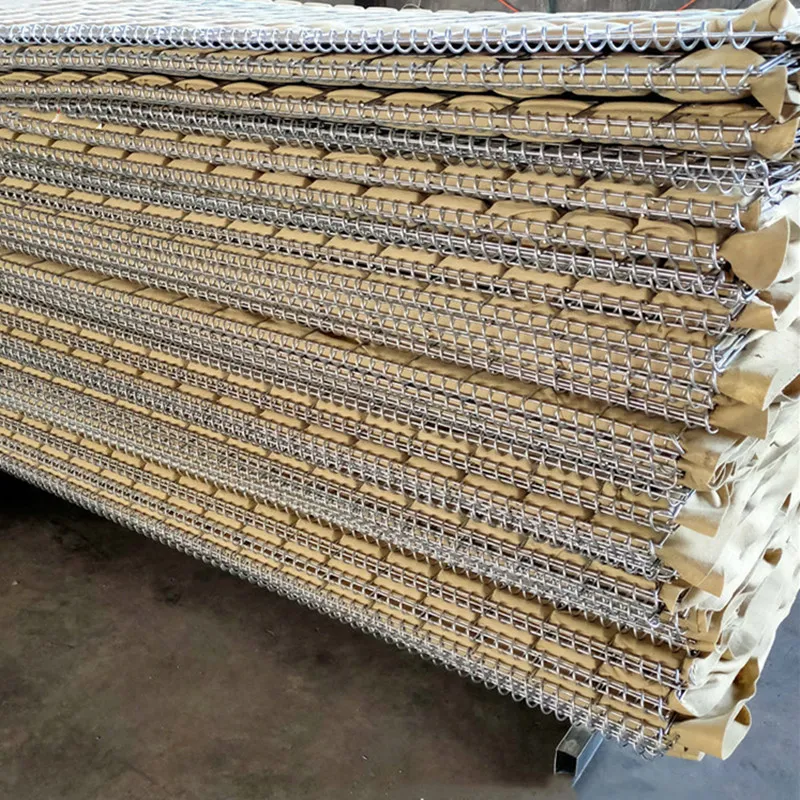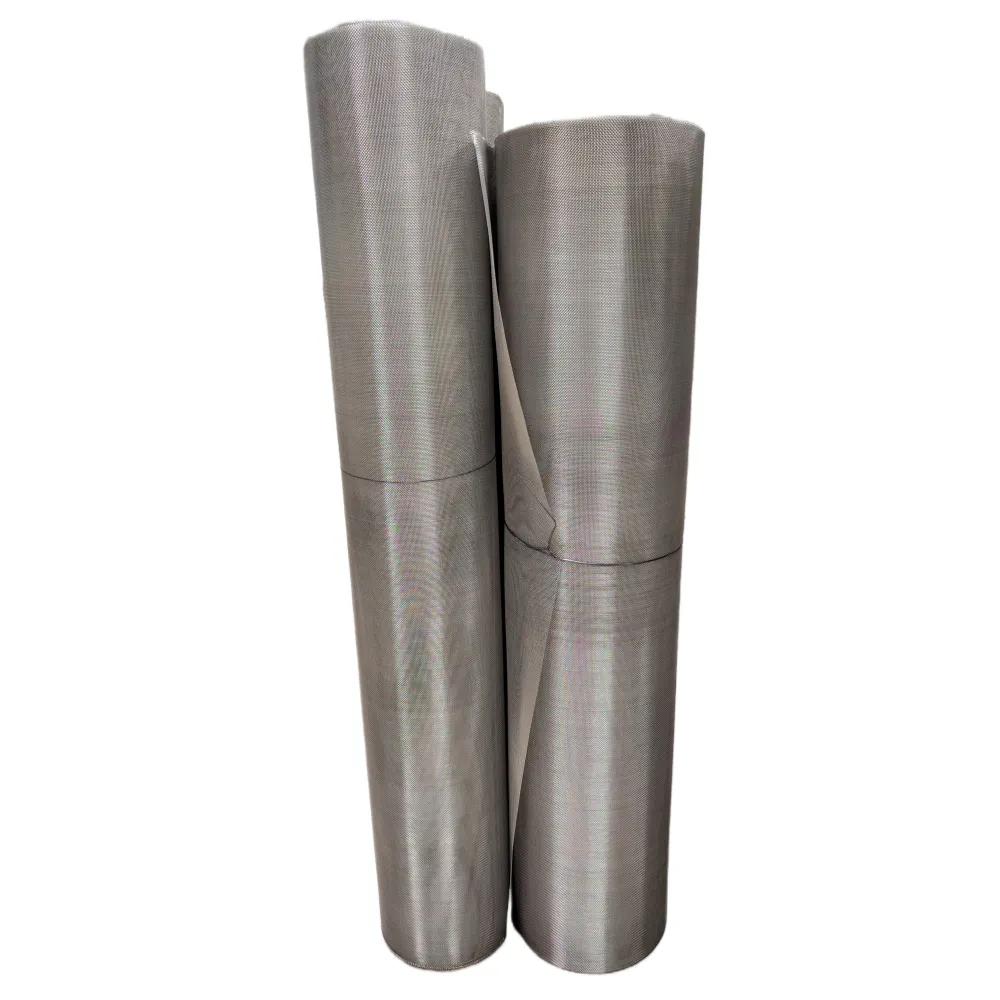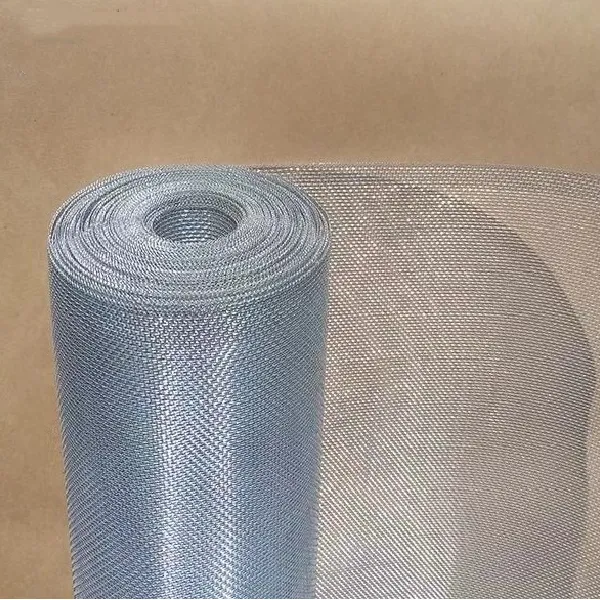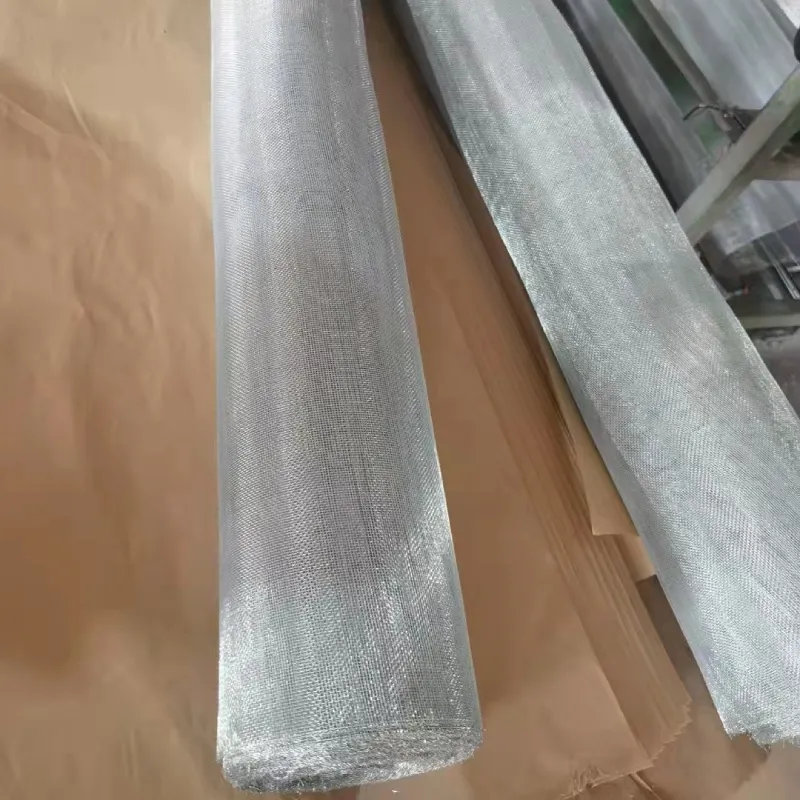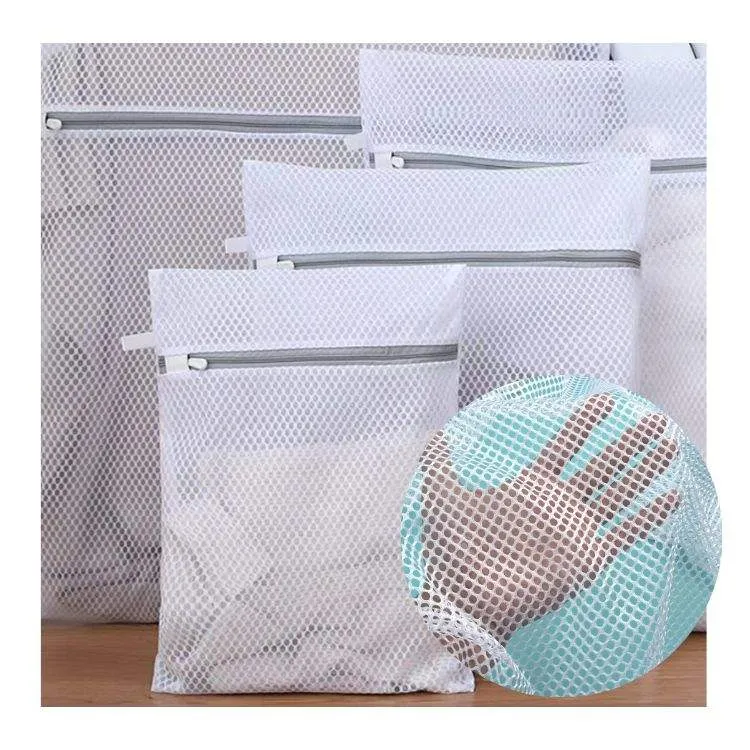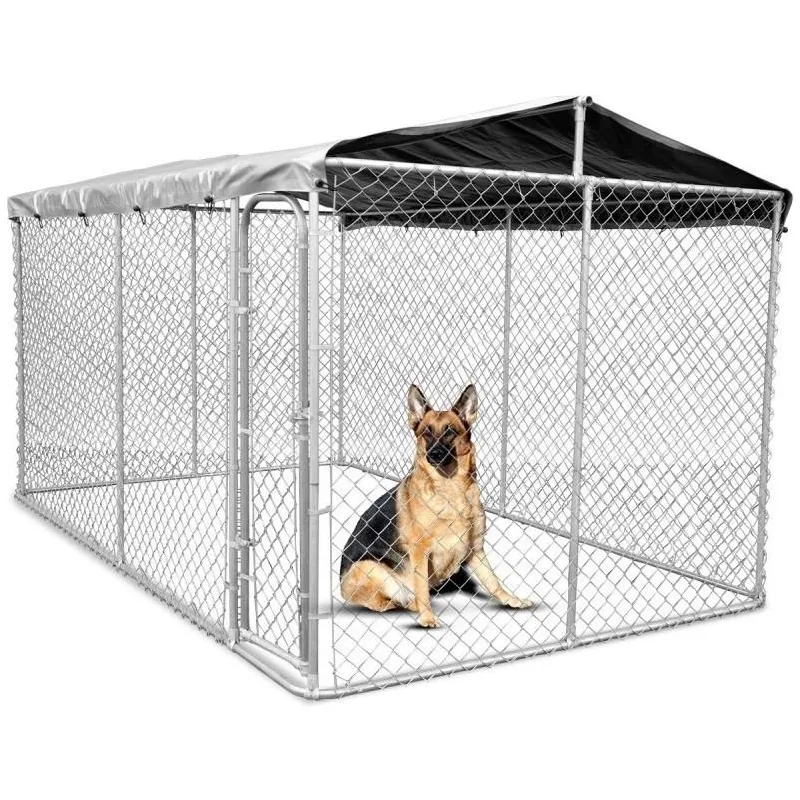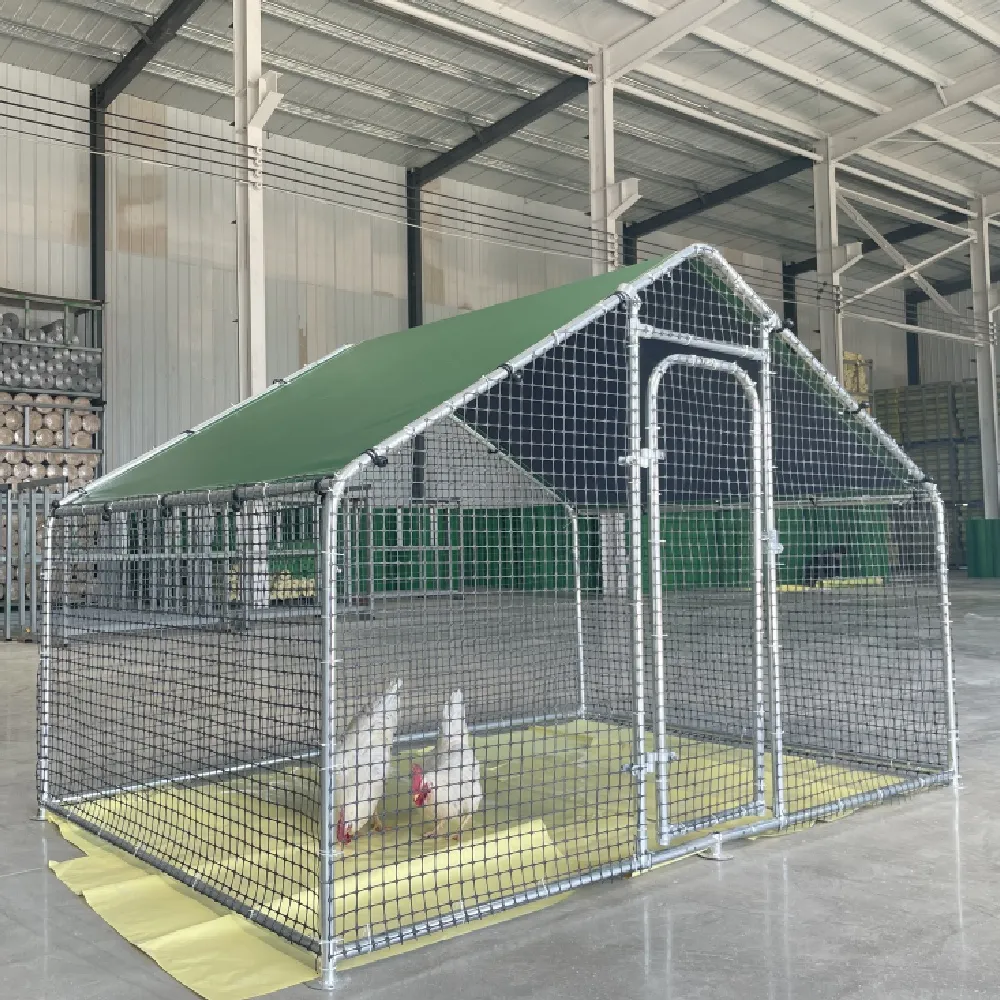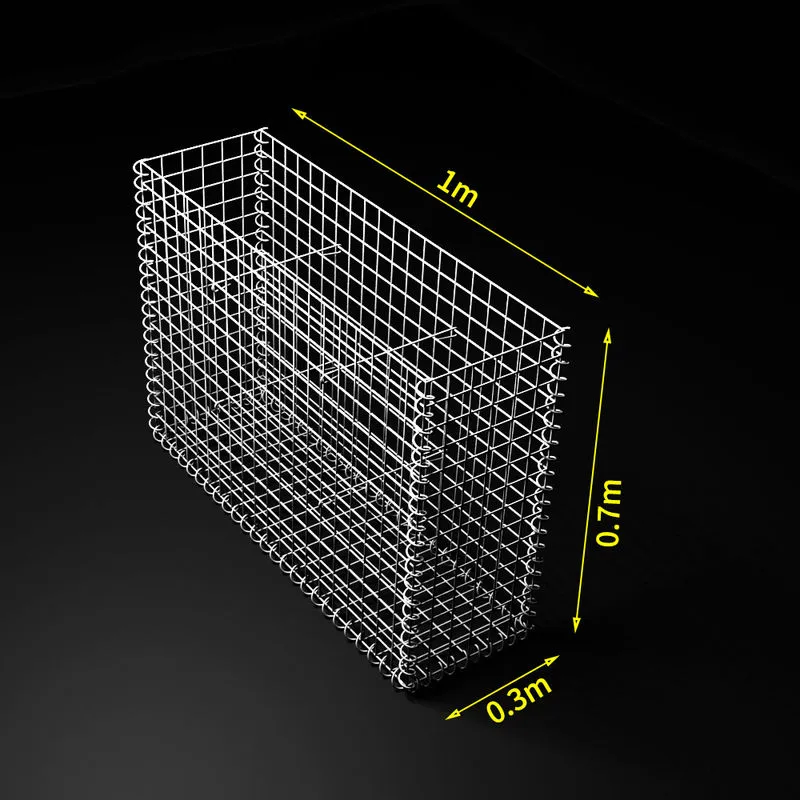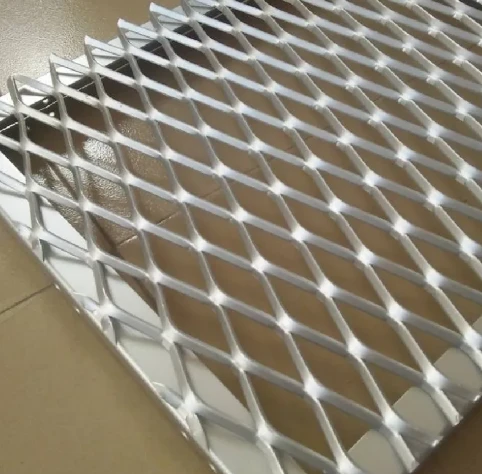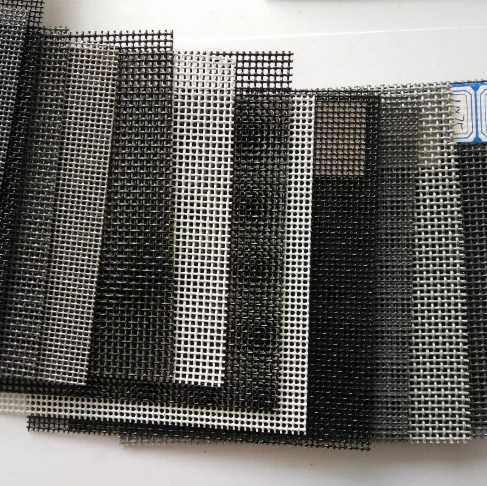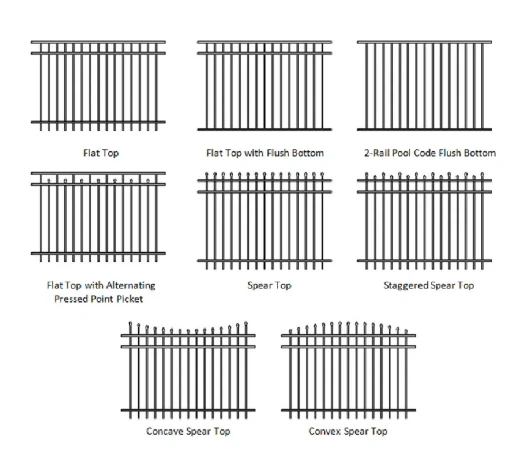The landscape of securing properties has witnessed a dynamic transformation with the evolving types of mesh wire fencing available on the market today. These fences are not just about marking boundaries; they are about ensuring security, enhancing aesthetics, and providing durability. Understanding the different types of mesh wire fencing is essential to making an informed choice that suits specific needs.
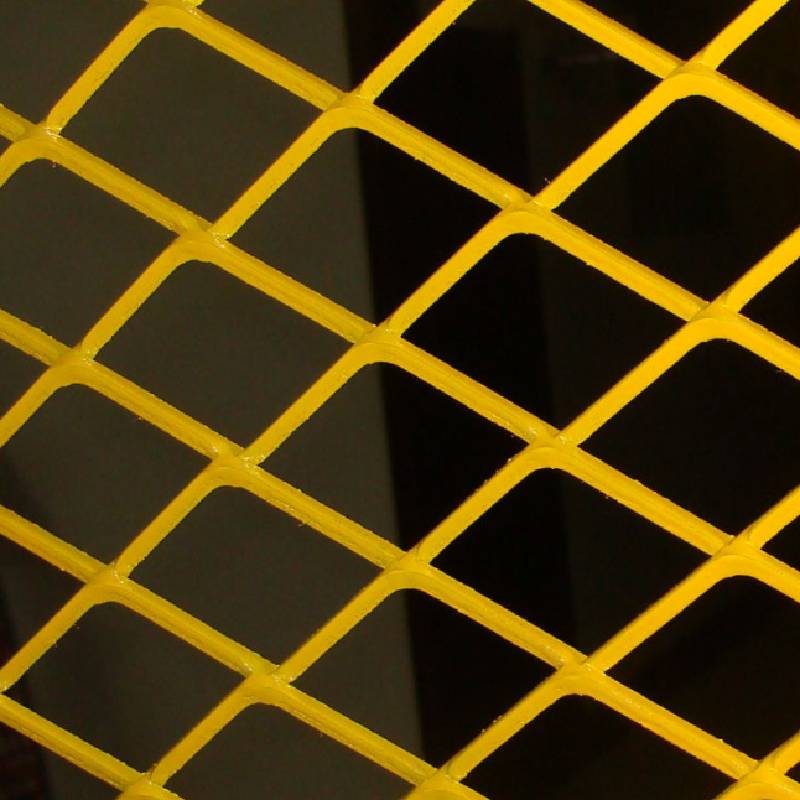
Welded Wire Fencing The Robust Solution
For those seeking a blend of strength and aesthetic appeal, welded wire fencing stands out as a superior choice. This type of fencing involves the fusion of steel wires at their intersections, creating a clean, sturdy grid. It's ideal for areas requiring high security due to its robust construction. Commonly utilized in industrial and agricultural settings, welded wire fencing offers resistance to warping and sagging, maintaining its shape over time even under pressure. Furthermore, its uniform look aligns well with modern architectural designs, adding value to residential properties.
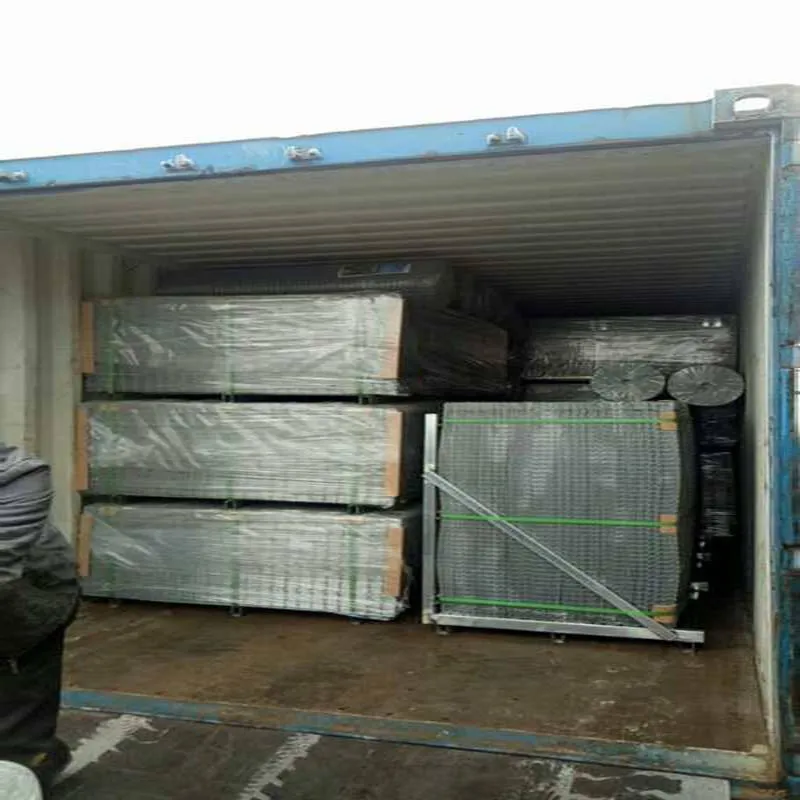
Chain Link Fencing The Icon of Versatility
Chain link fencing is perhaps the most recognized type of fencing, celebrated for its versatility and affordability. Made from galvanized or LLDPE-coated steel wire, chain link fences provide a flexible yet secure barrier. They are extensively used for both residential and commercial properties due to their straightforward installation, cost-effectiveness, and low maintenance requirements. While they offer transparency, additional privacy can be obtained by installing slats. The mesh size and thickness can vary, allowing customization based on security needs.
Chicken Wire Fencing Agricultural Ace
Known primarily for its agricultural uses, chicken wire fencing is a lightweight option made from thin, flexible galvanized steel or stainless steel wire with hexagonal gaps. While it is not suitable for high-security needs, its primary application lies in protecting small animals or plants.
Gardeners frequently use chicken wire to safeguard crops from pests. Its ease of installation and adaptability makes it a staple in rural and garden settings. However, one must be cautious of its propensity to rust if not properly treated.
types of mesh wire fencing
Expanded Metal Fencing The Heavy-Duty Contender
When high levels of security and strength are necessary, expanded metal fencing is unparalleled. Created by cutting and stretching metal sheets to form a pattern of diamond-shaped holes, it offers a rigid yet visually appealing barrier. This type of fencing is particularly beneficial in high-risk areas such as prisons, secure facilities, and urban infrastructures due to its formidable strength and resistance to cutting. Its dense structure doesn’t compromise airflow or visibility, ensuring surveillance is unhindered.
Vinyl-Coated Mesh Fencing The Aesthetic Guardian
For those looking to marry durability with aesthetics, vinyl-coated mesh fencing is an excellent option. It involves a vinyl layer applied over a wire mesh base, offering enhanced resistance to the elements while providing a sleek and polished appearance. Available in various colors, this fencing type is especially favored in coastal and high-humidity areas where rust is a concern. Its ability to withstand harsh weather conditions while requiring minimal upkeep makes it an appealing choice for both residential and commercial properties.
Conclusion
Choosing the right type of mesh wire fencing involves considering factors like security needs, environmental conditions, aesthetic preferences, and budget. By evaluating these facets, property owners can identify a fencing solution that not only offers protection and peace of mind but also enhances the value and charm of their property. As security demands evolve, the mesh wire fencing industry continues to innovate, ensuring that there is a perfect fit for every unique requirement.




